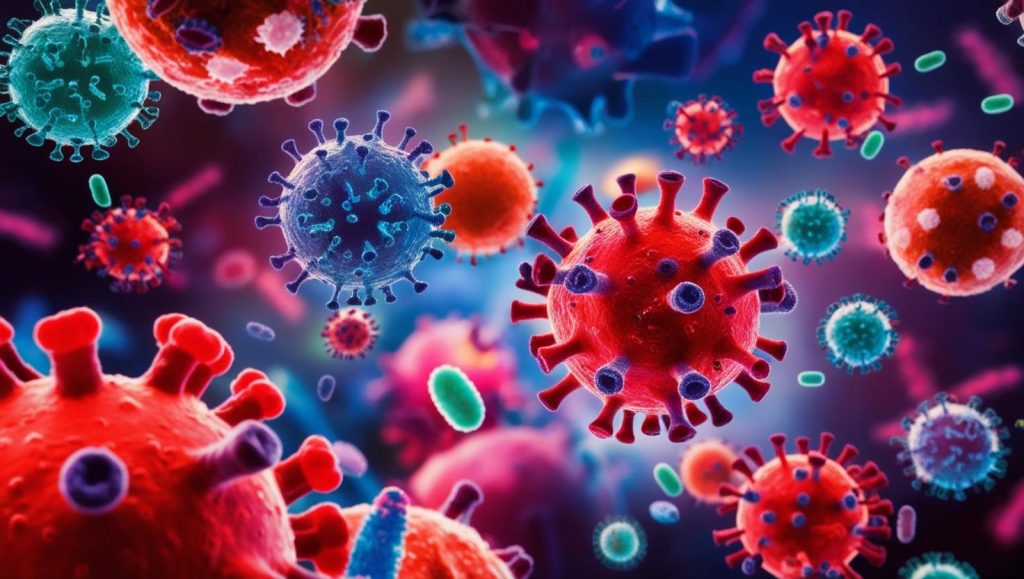Introduction
Microbiology is the study of microorganisms, including bacteria, viruses, fungi, and protozoa. It plays a vital role in medicine, environmental science, and biotechnology. However, many students find microbiology assignments challenging due to the complexity of microbial interactions, laboratory techniques, and theoretical concepts. If you’re looking for Microbiology Homework Help, this guide provides detailed insights, study tips, and useful resources to help you excel in your coursework.

Understanding Microbiology
Microbiology covers various fields, each focusing on different aspects of microorganisms. Here are the primary branches of microbiology:
1. Bacteriology
Bacteriology is the study of bacteria, their structure, classification, and the role they play in health and disease.
- Gram-positive vs. Gram-negative Bacteria: Understanding bacterial cell walls and staining techniques.
- Bacterial Growth and Reproduction: Factors affecting bacterial growth.
- Pathogenic Bacteria: Disease-causing bacteria and their impact on human health.
2. Virology
Virology focuses on viruses, their structure, replication, and effects on host cells.
- Viral Replication Cycle: Lytic vs. lysogenic cycles.
- Types of Viruses: DNA vs. RNA viruses, enveloped vs. non-enveloped.
- Antiviral Treatments: How vaccines and antiviral drugs work.
3. Mycology
Mycology is the study of fungi, including yeasts and molds.
- Fungal Structure: Differences between yeasts and molds.
- Fungal Infections: Common fungal diseases like candidiasis and ringworm.
- Role in Biotechnology: Use of fungi in antibiotic production.
4. Parasitology
Parasitology examines protozoa and helminths that cause infections.
- Protozoan Diseases: Malaria, amoebiasis, and trypanosomiasis.
- Helminths (Parasitic Worms): Tapeworms and roundworms.
- Parasitic Life Cycles: Understanding host-parasite interactions.
5. Immunology
Immunology studies the body’s defense mechanisms against microbial infections.
- Innate vs. Adaptive Immunity: Differences between natural and acquired immune responses.
- Vaccination: How vaccines protect against diseases.
- Autoimmune Disorders: When the immune system attacks the body.
Tips for Excelling in Microbiology Assignments
If you’re struggling with microbiology assignments, applying the right strategies can make a difference. Here are some effective ways to improve your understanding:
1. Use Reliable Study Resources
Understanding microbiology concepts requires quality learning materials. Some reliable sources include:
- American Society for Microbiology (ASM)
- Centers for Disease Control and Prevention (CDC)
- World Health Organization (WHO)
2. Master Laboratory Techniques
Many microbiology assignments involve lab-based experiments. Familiarize yourself with:
- Gram Staining: Differentiating bacterial species.
- Agar Cultures: Growing and identifying microbes.
- Microscopy: Using microscopes to observe microorganisms.
3. Utilize Flashcards for Terminology
Microbiology involves numerous terms and classifications. Flashcards help reinforce key terms such as:
- Pathogen vs. Commensal
- Aerobic vs. Anaerobic
- Prokaryotic vs. Eukaryotic
4. Join Online Study Groups
Collaborating with peers can help clarify difficult topics. Platforms like Reddit Microbiology and Microbe Forum provide excellent discussions.
5. Seek Professional Homework Help
When assignments become overwhelming, seeking Microbiology Homework Help from online tutors can be beneficial. Websites like Chegg and Course Hero provide expert assistance.
Common Challenges in Microbiology Homework
Many students face difficulties such as:
- Complex Microbial Classifications: Memorizing taxonomies of bacteria and viruses.
- Laboratory Report Writing: Structuring and analyzing experimental results.
- Understanding Microbial Metabolism: Learning pathways like glycolysis and fermentation.
Solutions to Overcome These Challenges
To tackle these challenges, follow these strategies:
- Break Down Complex Concepts: Use mind maps and flowcharts.
- Use Mnemonics: For example, “Pneumonic Mnemonics” can help remember bacterial classifications.
- Practice Past Papers: Reviewing previous assignments enhances retention.
External Tools and Resources
For additional Microbiology Homework Help, check out:
- Khan Academy – Microbiology
- National Center for Biotechnology Information (NCBI)
- Microbiology Society
Conclusion
Mastering microbiology requires dedication, consistent practice, and access to high-quality resources. Whether you need help understanding bacterial taxonomy, viral replication, or laboratory techniques, using reliable study materials and seeking Microbiology Homework Help from professionals can significantly improve your learning experience.


